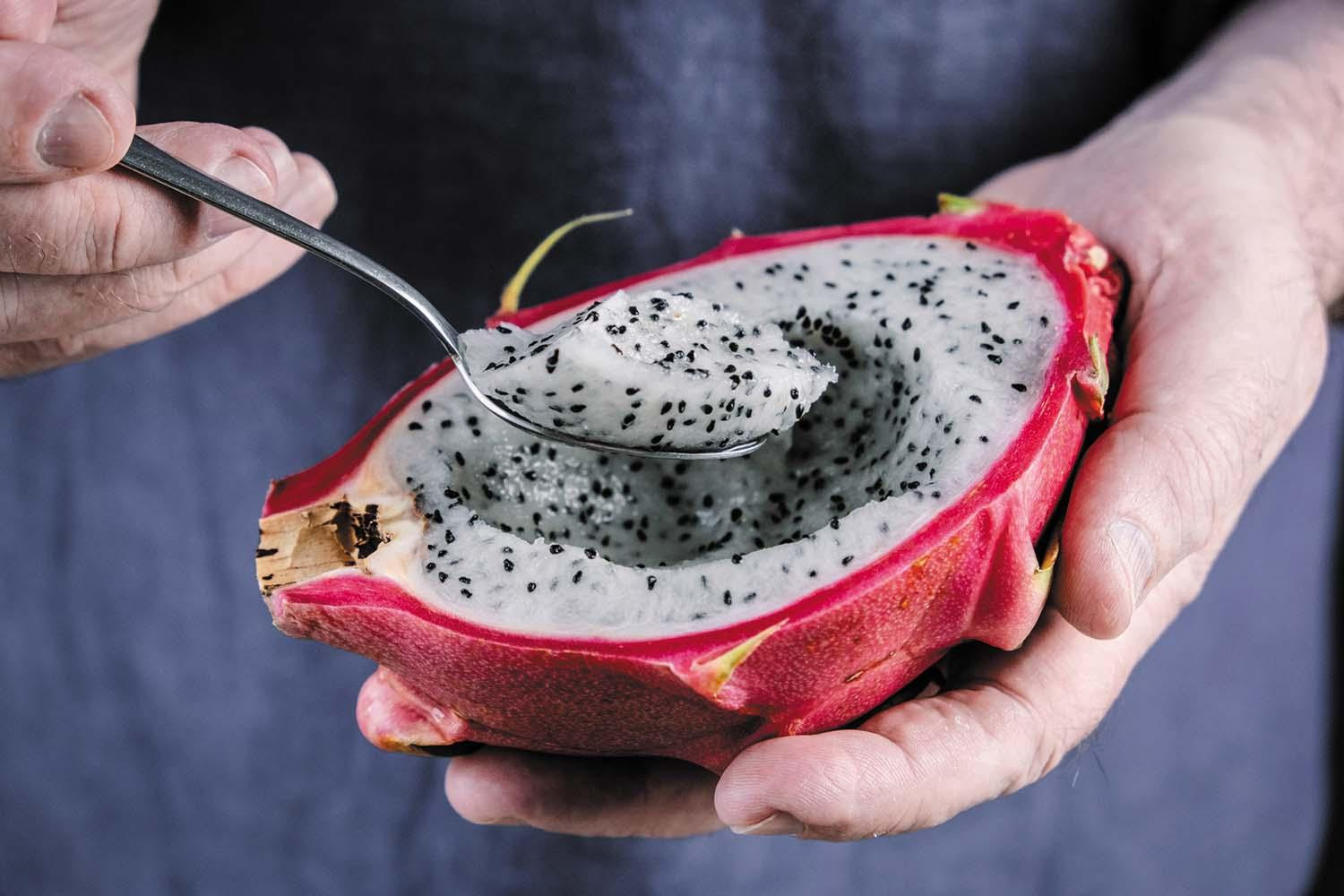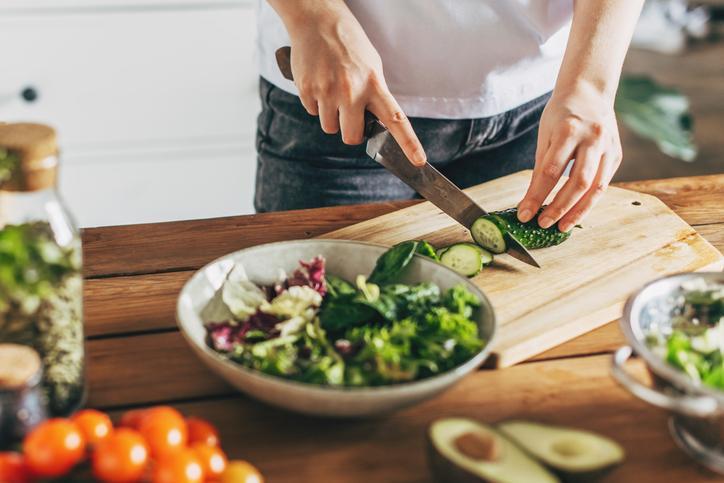
What are somatic workouts?

How to curb your stress eating

How to spot Parkinson’s disease symptoms

8 simple ways to reduce ultra-processed foods in your diet

Heart failure symptoms in women: How they’re different

GERD diet: Foods to avoid to reduce acid reflux

Strong is the new skinny

Everyday habits that sneakily weaken your bones

Don’t wait to get help for back pain

Correcting how you walk may ease osteoarthritis knee pain
Healthy Eating Archive
Articles
Savoring the benefits of bone broth
Bone broth, made by slowly simmering animal bones with seasonings, offers rich flavor, more protein than regular broth, and amounts of minerals. Choosing low-sodium varieties or making it at home helps limit additives and salt.
Dragon fruit: How to enjoy this antioxidant-rich fruit
Dragon fruit stands out for its striking look, mild sweetness, and a mix of fiber, minerals, and antioxidant compounds. It isn’t a magic “superfood,” but it’s a healthy, colorful way to help people eat more fruit in fun new ways.
Food that’s healthier for people and planet can be cheaper, too
While many people may think that a more sustainable diet is more expensive, a 2025 study suggests that in fact, foods with smaller environmental footprints tend to cost less. Choosing fewer animal-based foods and more plants can be better for health, budgets, and the planet.
New evidence that polyphenol-rich foods help the heart
A 2025 study suggests that polyphenols, found in a wide range of plant foods, may have long-term benefits for the heart. Over an average of 11 years, people whose diets contained the most polyphenol-rich foods ranked lowest on scores of heart disease risk.
What you need to know about the new dietary guidelines
The new Dietary Guidelines for Americans are a mixed bag. While their advice to choose whole foods, avoid highly processed foods, and limit added sugars is sound, their promotion of animal-based foods like meat and full-fat dairy products is less supported by rigorous scientific research.
How to curb your stress eating
Stress eating involves using food as a coping mechanism when life is difficult. Persistently high levels of cortisol can increase appetite, and past experiences can lead people to associate eating with stressful situations. The foods people crave may depend on their form of turmoil.
GERD diet: Foods to avoid to reduce acid reflux
Dietary changes can make a big difference for people with gastroesophageal reflux disease (GERD). Foods to limit or avoid include chocolate, onions, and tomato sauce. Adjusting eating habits—by eating smaller portions, for example—might also help people avoid heartburn and other symptoms.
8 simple ways to reduce ultra-processed foods in your diet
Cutting back on ultra-processed foods that have little nutritional value can help protect your health, but you don’t have to make everything from scratch either. Seek out less-processed versions of your favorite foods at your supermarket to turn into healthy meals with minimal effort.
Daily cup of coffee may prevent afib recurrence
People with atrial fibrillation (afib) who drank an average of one cup of caffeinated coffee daily had a lower risk of recurrent afib compared to those who avoided caffeine, according to a 2025 study.
Regular physical activity at midlife and beyond may help lower dementia risk
A 2025 study found that people with high amounts of daily activity at middle age and beyond reduced their risk of developing dementia compared with individuals who had the least daily activity during these life stages.

What are somatic workouts?

How to curb your stress eating

How to spot Parkinson’s disease symptoms

8 simple ways to reduce ultra-processed foods in your diet

Heart failure symptoms in women: How they’re different

GERD diet: Foods to avoid to reduce acid reflux

Strong is the new skinny

Everyday habits that sneakily weaken your bones

Don’t wait to get help for back pain

Correcting how you walk may ease osteoarthritis knee pain
Free Healthbeat Signup
Get the latest in health news delivered to your inbox!
Sign Up











